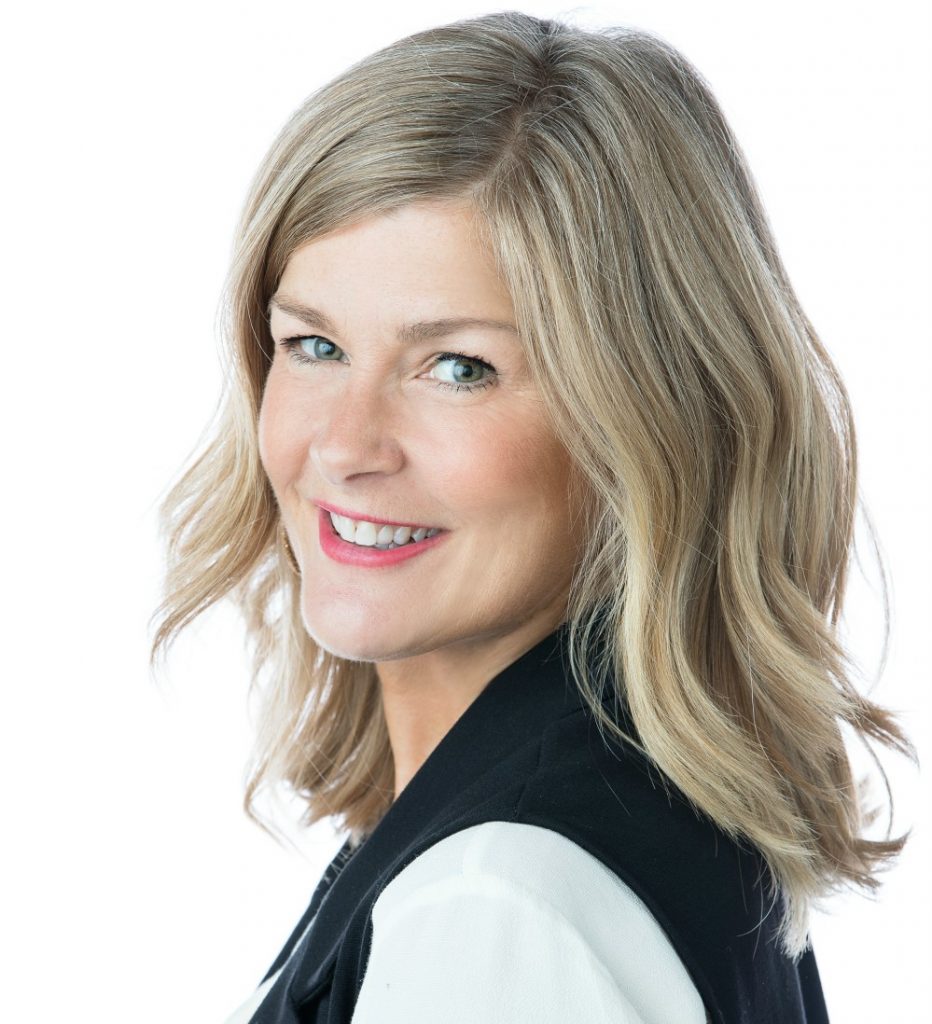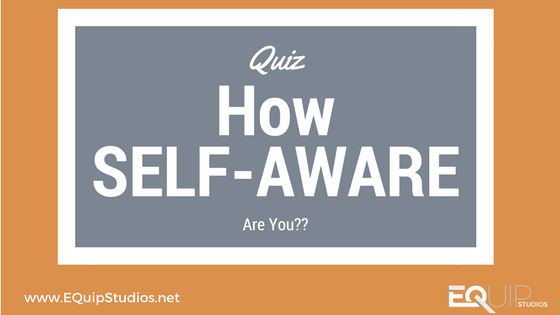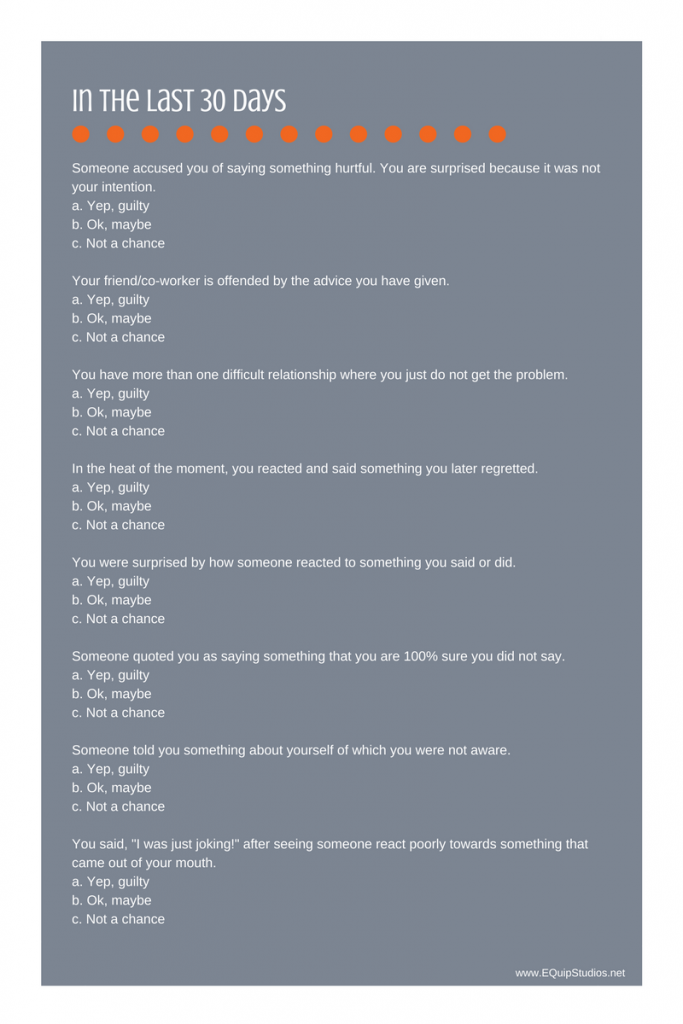It seems no matter where you look, topics like mindfulness, emotional intelligence, self-awareness, and self-leadership are everywhere. So what do they have in common?
What is Self-Awareness?
Self-awareness is your ability to look inward and recognize your thoughts, feelings, motives, and drivers.
Why is Self-Awareness Important?
When your self-awareness is high, you are able to turn inward and:
- Navigate your emotions
- Apply consequential thinking
- Empathize with others
- Engage and connect with others in a meaningful way
- Predict your own and others’ responses
1. Well, that wasn’t my intention!
2. I was just trying to help.
3. What is her problem?
Well, if you find yourself asking that question more often then not, then there is a good chance that the answer may be YOU! In a challenging situation, consider how you might be adding to the stress.
4. I don’t know why I said that!
5. I don’t know why you would react like that?
6. That’s not what I said!
7. I had no idea that I do that!
8. I was just joking!
Developing Your Self-Awareness

About Kelli Porcaro, PCC, EQAP, EQCC
Kelli brings 25+ years of Organizational Development experience to her work as a Consultant and Coach. She works in a wide range of industries unlocking infinite possibility with leadership development, instructional design, change management, and emotional intelligence.
Kelli also serves on Faculty at the Lake Forest Graduate School Management.


